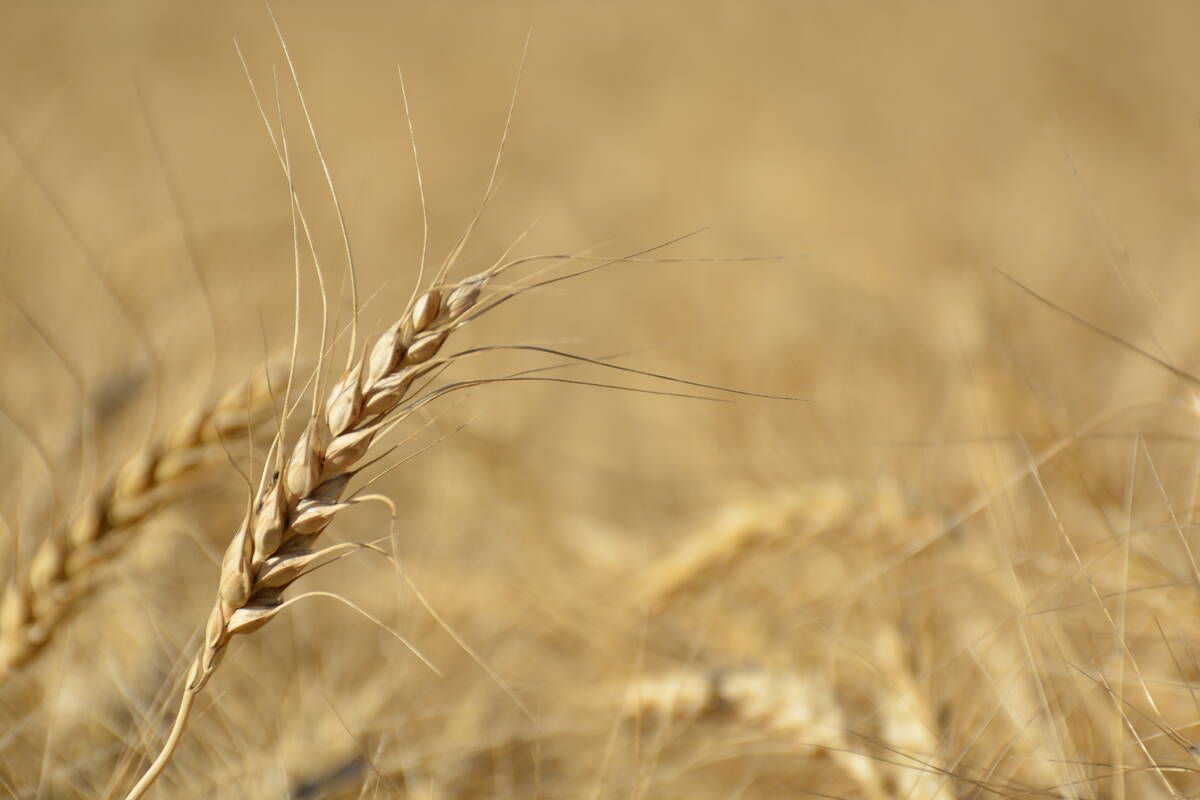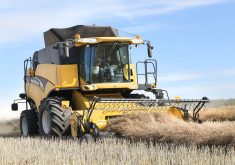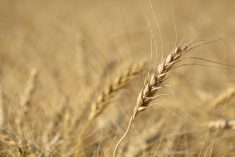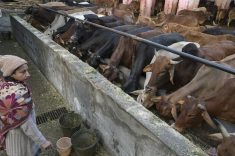Australian grain handling company GrainCorp is adding as many as 3,000 employees in anticipation of a big winter crop harvest in the country’s eastern grain-producing states of Queensland, New South Wales and Victoria.
The recruitment drive coincides with better conditions across much of eastern Australia, which has come through a persistent three-year drought and some of the driest growing conditions seen in decades.
GrainCorp chief executive Robert Spurway told Australian ag media’s Grain Central that the company’s network of storage and receival sites will be well-equipped to receive the incoming winter crop from Queensland, New South Wales and Victoria, which is forecast to yield up to 21.5 million tonnes.
Read Also

USDA’s August corn yield estimates are bearish
The yield estimates for wheat and soybeans were neutral to bullish, but these were largely a sideshow when compared with corn.
The Australian Bureau of Agricultural and Resource Economics and Sciences (ABARES), the research arm of Australia’s national department of agriculture, has forecast national winter-crop production at 44.5 million tonnes, 11 percent above the 10-year average. The forecast for eastern states is 18 percent above the 10-year average.
“We’ll be combing regional and rural towns for new recruits and returning staff to help manage grain receivals at our sites throughout our network,” Spurway said.
“We want to support the communities in which we live and work, some of which have really struggled economically through the drought over the last couple of years.”
Despite the resurgence in production, the gross value of farm production is forecast to increase by only one percent to $61 billion in 2020–21 as a result of lower prices, ABARES said.
According to an ABARES report, Australia’s year-over-year wheat production is expected to increase 58 percent in the 2020-21 production year, generating a 34 percent increase in farmgate revenues from wheat.
National barley production is forecast to increase 68 percent, boosting farmgate barley revenues by 35 percent, and Australian canola production is expected to jump by 43 percent, boosting farmgate canola revenues by an estimated 32 percent.
Commodity prices for the three commodities are expected to be lower, ABARES said, with average 2020-21 wheat prices declining an estimated 15 percent, barley values declining 19 percent and canola prices declining eight percent.
GrainCorp is Australia’s biggest bulk handler by capacity and operating area.


















